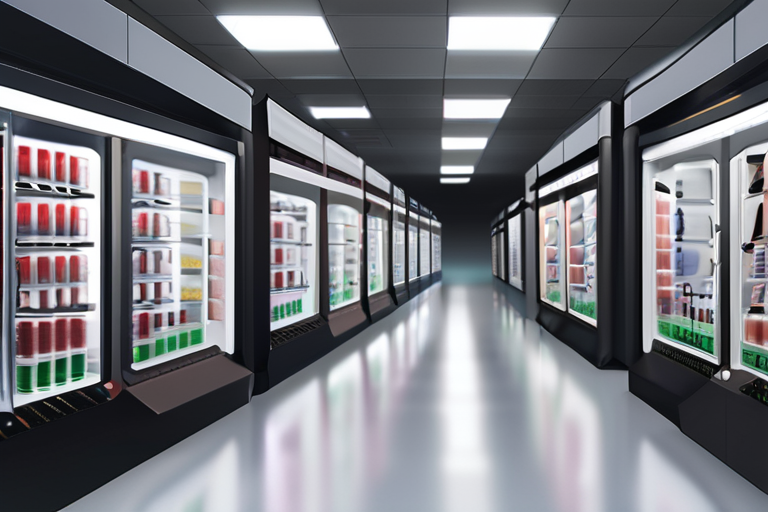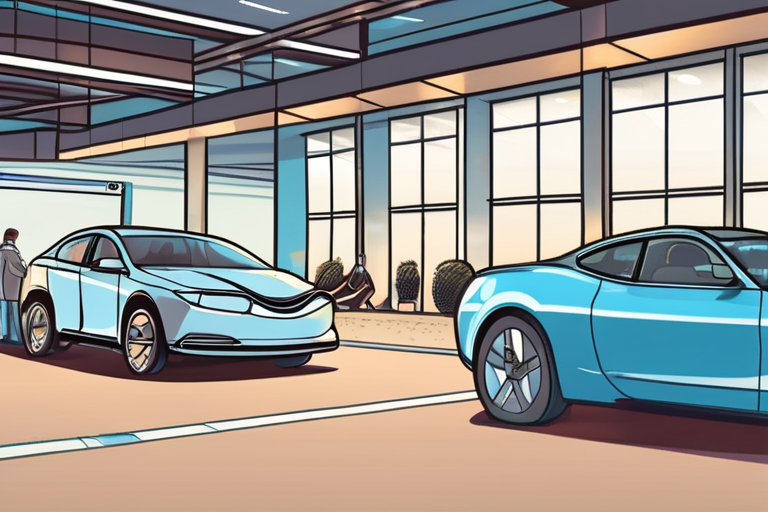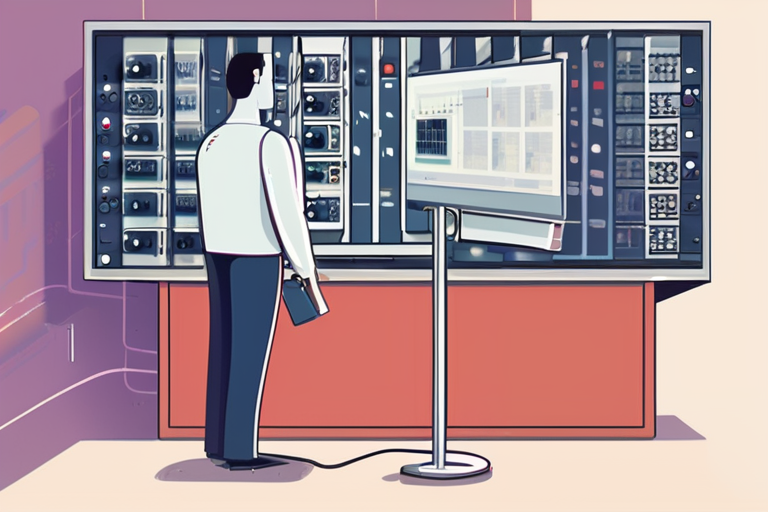HiNa Battery Technology Breaks Ground with Commercialized Sodium-Ion Cells


Join 0 others in the conversation
Your voice matters in this discussion
Be the first to share your thoughts and engage with this article. Your perspective matters!
Discover articles from our community

 Hoppi
Hoppi

 Hoppi
Hoppi

 Hoppi
Hoppi

 Hoppi
Hoppi

 Hoppi
Hoppi

 Hoppi
Hoppi

Love, Drugs, and Condoms: Couples with Different HIV Status Face a New Reality In the midst of rising concerns over …

Hoppi

Reddit Kicks Out Some Moderators Amid Controversy: "This Will Break the Site" In a move that has sparked widespread debate …

Hoppi

US Government Shutdown Looms: Trump to Meet with Congressional Leaders The US government is on the brink of a partial …

Hoppi

Carvana's Quest to Revolutionize the Car Buying Experience: A $4 Billion Bet In a bid to disrupt the $1.2 trillion …

Hoppi

CAMIA Privacy Attack Reveals What AI Models Memorise A new attack, named CAMIA (Context-Aware Membership Inference Attack), has been developed …

Hoppi

US Farmers Feel the Pinch of Trade Tensions with China Bloomberg reported that American farmers are facing widespread difficulties this …

Hoppi